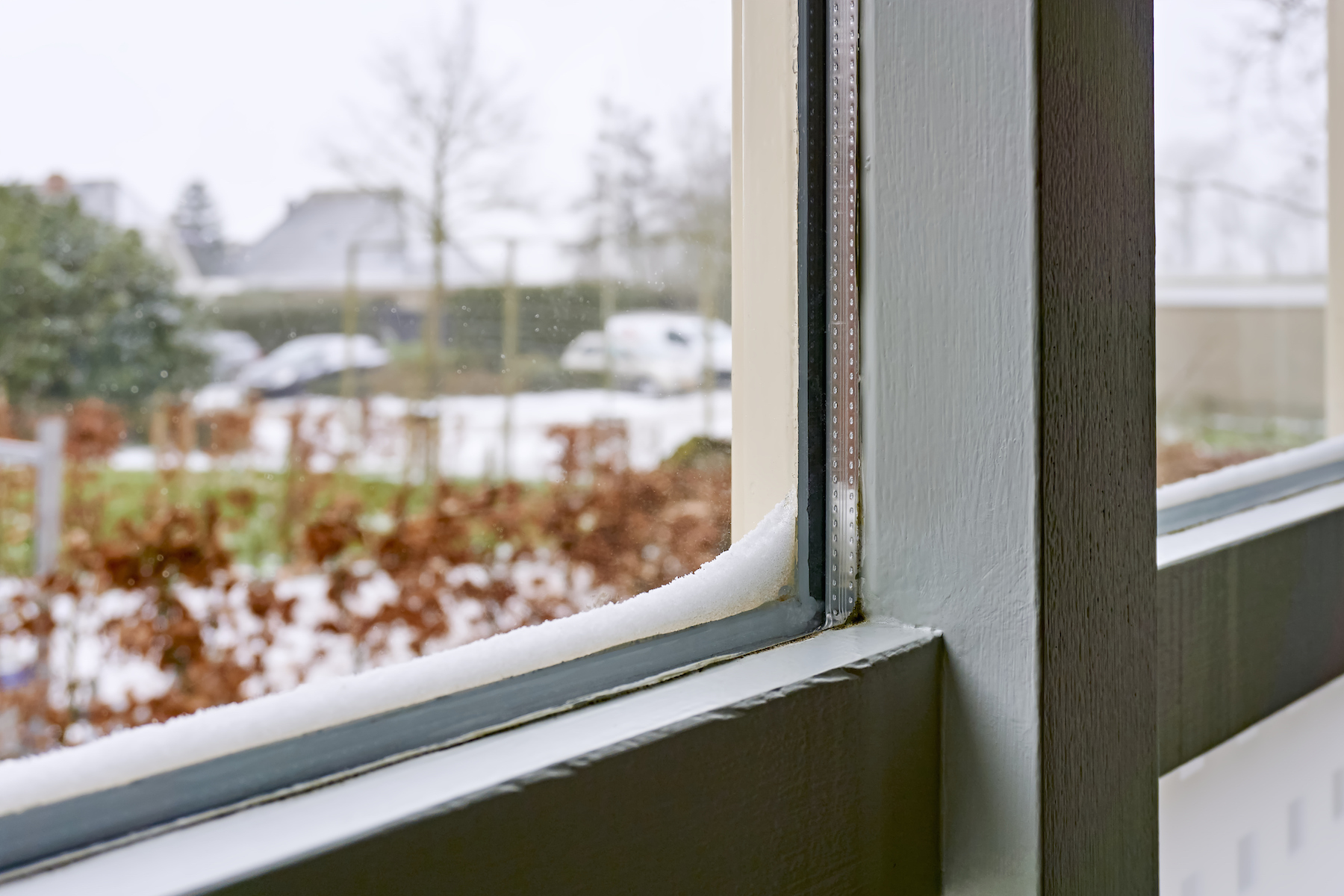It’s no secret that glass isn’t the best at keeping the outside weather, well… outside. Luckily, there are technologies that make a world of difference in window energy efficiency.
Window insulation and resourcefulness have become much more competent these days. There are a few things you can consider when choosing the window that will save you money and energy. So, what elements make up the most energy-efficient windows?
Glass
The main part of every window is the glass. Certain types of glass will help prevent those harmful UV rays from seeping into your home, creating problems for your energy, appliances, fabrics, and other electronics. Depending on your climate, the kind of glass you choose can help you reduce costs on heating and/or cooling.
Low-Emissivity
Low-E glass is actually just glass with a coating that reflects heat. Without getting into all the science stuff, these coatings were created to reduce the emissivity of the glass’s surface, which ultimately reflects temperatures back to where they came from. They typically come with dual or triple-panes, each with the ability to block the sun’s high UV rays by a certain percentage.
Tinted
We’re more familiar with the tinting on car windows, the privacy it gives, the insulation it provides us with, and how cool it makes us look. Did you know you can have solar window-tinted glass for homes and businesses as well? Much like Low-E glass, tinted windows repel the sun’s heat and jack frost’s snow, which saves money when it’s time to turn on the AC or spark up the fireplace.
Type
The functionality of the window actually makes a big difference. The amount of air that seeps through your windows varies depending on the type of window you have and the quality of sealing technology.
Awning, Hopper, & Casement
These types of windows are either opened at the bottom, top, or side by one single hinge. An awning type opens from the bottom like a canopy, the hopper opens from the top like a cup, and the casement opens up like a door. These tend to be the most energy efficient because when they’re closed, they have fewer passages for air to leak through.
Fixed
A window that is fixed in place is one that doesn’t open at all. When these are properly installed, sealed, and caulked, it is nearly impossible for any air to enter or escape, making this the most energy-efficient choice. However, it’s fair to caution that these shouldn’t be placed in rooms that will need proper ventilation.
Sliding
It’s fair to assume that sliding windows are the most common for residential plans. Sliding windows can either slide up, down or to the side. The framing and fit are everything to these types of windows as long as you’re sure to close the slider entirely when you’re trying to be energy efficient.
Frame
The framing around the window can contribute to the glass itself. If you have the right type of glass and the proper type of window, the last step is making sure you have the right frame made from the right material to reinforce your energy efficiency.
Fiberglass
Much like fiberglass doors, fiberglass window frames have air pockets that are filled with insulation which provides them with the ultimate performance in thermal protection. Window frames made from this material provide some of the best energy efficiency possible.
Vinyl
Window frames made from vinyl possess great resistance to moisture and don’t require a lot of maintenance. As far as energy efficiency goes, vinyl is made from PVC (polyvinyl chloride) which is known to be highly durable and save energy. Vinyl window frames are usually coated with a material that stabilizes ultraviolet light, which will certainly add to a Low-E window.
Energy Efficiency in Windows
The most assured energy-efficient window comes down to your combination of glass, type of window, and framing. A fixed window with Low-E glass and a fiberglass frame would be promising, as would an awning window with tinted glass in a vinyl frame. Your choice could mean a world of difference when it comes time to pay the energy bill in the dead of winter or during the oppressive summer. It’s up to you to choose the factors that will directly affect how efficient your windows will be.

